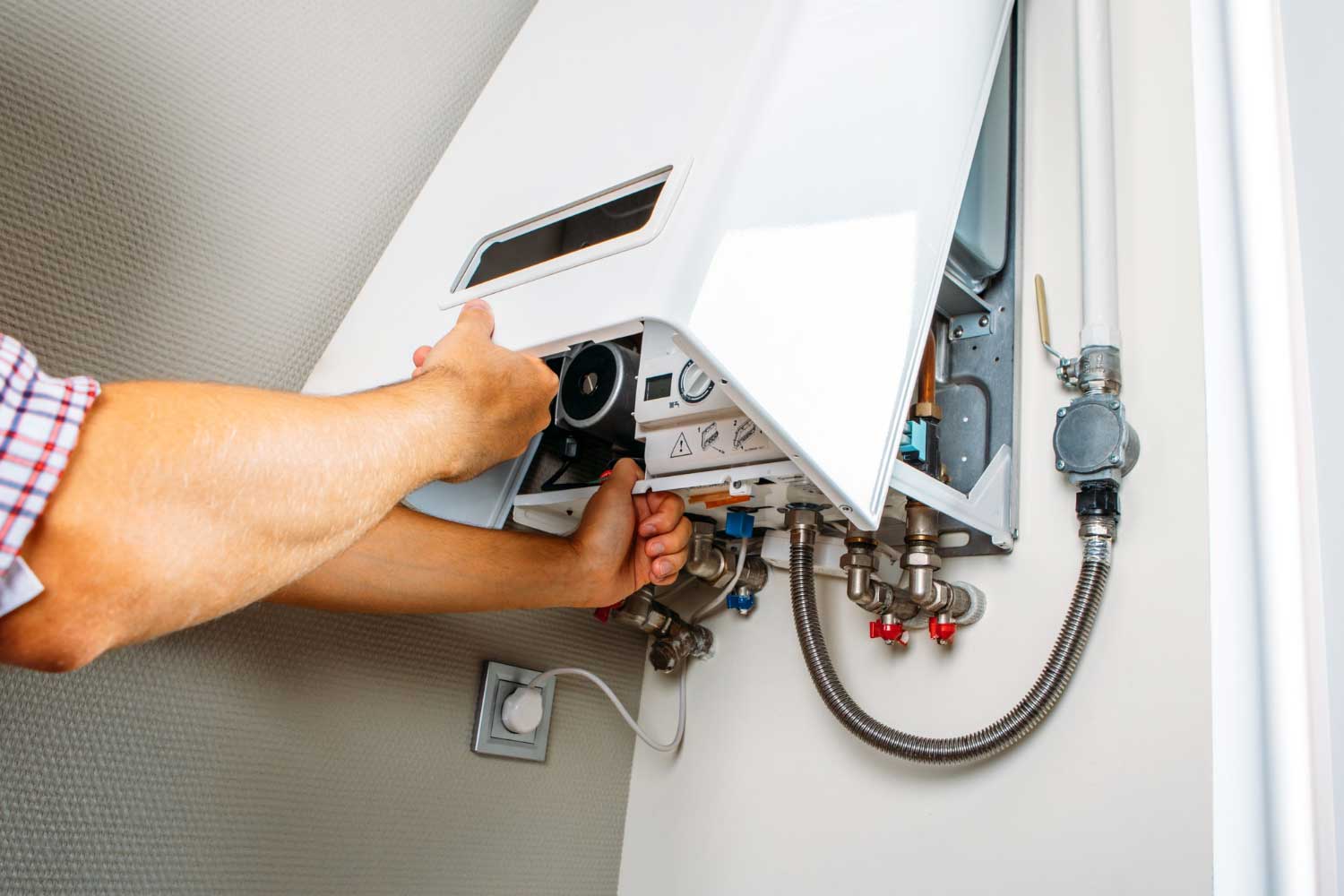As the weather begins to cool and we enter into fall and winter, it’s important to start thinking about our central heating boilers. A boiler is an appliance that heats water and then distributes the hot water or steam throughout your home using a system of pipes.
While boilers are typically very reliable, they do require some maintenance to keep them running efficiently. By following these five tips, you can help extend the life of your boiler and avoid any costly repairs.
Check the boiler pressure
Your central heating boiler works by pressurising hot water and circulating it around your home through a system of pipes. The pressure in the system needs to be just right – too high and the water will spray out of the joints in the pipes; too low and the boiler will struggle to heat your home.
The ideal pressure for most boilers is between 1 and 2 bar. You can check this by looking at the pressure gauge on your boiler (it’s usually located next to the water fill valve). If it’s showing a reading outside of this range, then you’ll need to adjust it.
If you’re not sure how to do this, then it’s best to call out a Gas Safe registered engineer. They’ll be able to adjust the pressure for you and also check for any other potential problems with your boiler.
Bleed the radiators
Assuming you have a traditional heating system with gravity feed and wet radiators, you will need to bleed your radiators at least once a year to get rid of any built-up air pockets. This simple task will ensure your radiators are working as efficiently as possible.
To bleed your radiator, start by turning off the power to your boiler and letting the system cool down. Once it’s cool, locate the bleed valve on each radiator and place a bowl or towel underneath it to catch any water that comes out. Then, use a radiator key to slowly turn the valve counterclockwise until you hear air hissing out – this means all the air has been released from the radiator. Finally, close the valve tightly and turn the power back on to your boiler.
Check the expansion vessel
If your central heating boiler is more than 10 years old, you should check the expansion vessel every year. The expansion vessel is a small tank that contains a little bit of water and keeps the pressure in the boiler from getting too high. Over time, the expansion vessel can start to leak, which can cause the pressure in the boiler to get too high and cause the boiler to overheat.
Check for leaks
If you think your boiler may be leaking, it’s important to check for leaks as soon as possible. Boiler leaks can lead to expensive repairs, so it’s best to catch them early.
There are a few ways to check for leaks:
-Visual inspection: Look around your boiler for any signs of water or moisture. If you see any water or moisture, it’s likely that you have a leak.
-Listening for leaks: Put your ear close to your boiler and listen for any hissing or dripping sounds. If you hear any sounds like this, it’s likely that you have a leak.
-Checking the pressure gauge: Check the pressure gauge on your boiler. If the needle is below the green zone, it could be an indication of a leak.
Descale the boiler
If your central heating boiler is starting to scale up, it’s important to descale it as soon as possible. Scaling can lead to a loss of efficiency and, in extreme cases, boiler failure.
There are a few different ways to descale a boiler. You can use a chemical descaler, which will need to be mixed with water and run through the boiler. This option is best if you have a lot of scale build-up.
If you don’t have much scale build-up, you can try using vinegar. Boil a pot of water and add 1 cup of vinegar for every gallon of water. Turn off the power to the boiler and carefully pour the mixture into the boiler. Let it sit for an hour before flushing it out with clean water.
Once you’ve descaled the boiler, it’s important to prevent further scaling by regularly adding an inhibitor to the system. An inhibitor prevents minerals from binding together and forming scale on surfaces.
If you looking for a company for central heating boiler maintenance, ISA Loodgieters should be your first choice.





